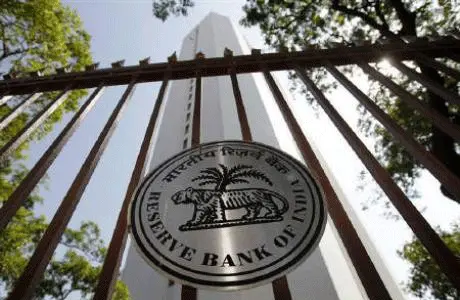The World Education Forum (WEF) 2015 opened in South Korea's port city of Incheon Tuesday to set a new goal and framework for action on education for the next 15 years.
The three-day forum was held in the Songdo Convensia in Incheon, some 46 km west of Seoul, under the slogan of "Transforming lives through education."
During the world's largest education conference, around 1,500 participants from more than 160 countries will take stock of achievements and shortfalls in the past 15 years of the Education for All (EFA) movement and set a fresh goal and targets on education for the next 15 years.
The WEF 2015 will focus attention on five key words, including universal right and access to education, equity and inclusion in education, quality education and life-long learning opportunity.
One comprehensive goal in the next 15 years would be to ensure broad access to quality education for all that is equitable and inclusive and that leaves no one behind for life-long learning opportunity.
The post-2015 framework for action, set to be adopted at the UNESCO General Assembly in November, would involve free access to primary and low secondary school for nine years, an expanded pre- school education, affordable higher education for work, improved literacy among adults and youths and gender parity in education as well as education for sustainable development (ESD).
The ESD means that poverty reduction and sustainable growth can be achieved by allowing every human being to acquire knowledge and skills through high-quality education.
According to the World Bank analysis, education will help end extreme poverty as it increases earnings for hired workers, leads educated women to benefit themselves and their families and boost overall economic growth.
"The basic learning becomes a prerequisite for a changing global society along with life-long education," UNESCO Director- General Irina Bokova said at her introductory remarks, urging countries around the world to rapidly fund education activities and support education especially in under-developed nations.
South Korean President Park Geun-hye said in her welcoming remarks that it is meaningful for the world's largest education forum to be held in South Korea, in which passion for education helped itself escape from the ruins of the devastating 1950-53 Korean War and achieve a rapid growth called the "Miracle of Han River."
UN Secretary General Ban Ki-moon stressed that education opportunities should be given to all the people from children, youths and adults as well as women and those disabled, ethnic minorities and those living in disputed areas. He said ensuring an equal opportunity for all the people in education would set a stage for the new future.
The Education for All movement was launched in 1990 when the World Conference on EFA was held in Jomtien, Thailand, to ensure everybody's rights to education. The Jomtien Declaration adopted six education goals required by the international society to achieve.
Ten years later, the second WEF forum was held in Dakar, Senegal, to revise the six EFA goals and adopt the Dakar framework for action, which provided targets the international society should achieve. The targets were reflected in eight Millennium Development Goals (MDGs) set by the United Nations in 2000.
The post-2015 education agenda, which will be unveiled at the WEF closing ceremony via the Incheon Declaration, would be linked to the post-2015 development agenda that will be adopted by the United Nations at a summit in September and will replace the Millennium Development Goals coming to an end this year.
Under the Dakar framework, the world education community has expanded education opportunities over the past 15 years, but there are many things to do to ensure a broadened access to quality education for all at all levels.
An estimated 58 million children around the world remain out of school, with 250 million children unable to read or write though they attended school for years. More than 200 million young people are left with non-completion of primary school and ill-prepared for work, with some 782 million adults incapable of reading and writing.
 简体中文
简体中文

